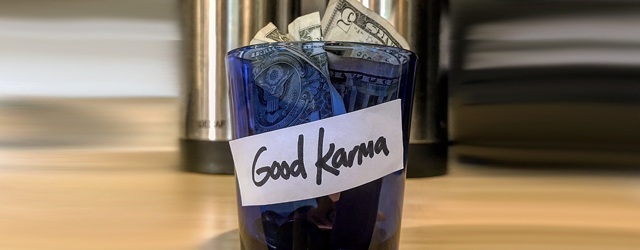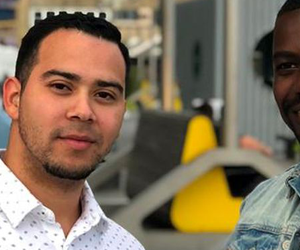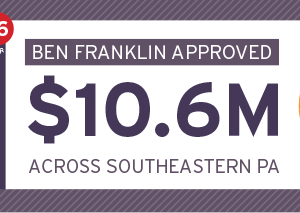Can Good Karma Equal Good Business?
In January of this year ImpactPHL launched Best for PHL. Using B lab’s tools for quantifying business impact, Best for PHL helps companies extend their positive influence, provides tools and workshops, and connects impact-focused business leaders in the region. This can look like working with local manufacturers, employee wellness programs, or switching to a Styrofoam-free office kitchen. In this, Best for PHL tells companies to think about how they do what they do instead of just thinking about what they do. All in all it seems like an upright deal, but what are programs like Best for PHL promoting outside of good karma and is there profitability in doing the right thing?
The short answer is yes. Yes, if your business is trying to attract millennials, impact matters. As Cory Donovan, Program Manager at ImpactPHL, explains, “If your business is selling to millennials, or recruiting them as your employees, social and environmental impact really matters to them and they will make decisions about where they spend their money, and where they work, based upon these issues.”
Millennials, one of the largest generations in history, spend an annual $600 billion. By 2020 they could account for $1.4 trillion in spending, or 30% of total retail sales, as reported by Standard & Poor’s Global Marketing. When millennials spend their money they are looking for a few things: low-cost, experience-driven, and community-minded, but it’s the community-minded aspect that has motivated the increase in impact strategies and interest.
According to The Council of Economic Advisors’ October 2014 report, 15 Economic Facts About Millennials, “Millennials are not just virtually connected via social networks; they value the role that they play in their communities. For instance, high school seniors today are more likely than previous generations to state that making a contribution to society is very important to them and that they want to be leaders in their communities.”
For businesses and investors the trend towards impact investing and public and social entrepreneurships follows a fundamental ideology: what you measure is what you believe to be a priority. By measuring impact, and investing in triple bottom line companies, you are saying these things are important to the business. Within this prioritization lies the demand for triple bottom line companies from those doing the buying. Consumer purchasing from a company that matches in-need youth sports programs to company sponsors, or participating in a picnic whose ticket sales go towards local tech non-profits, is an act of community building.
Program’s like Best for PHL, which recently reached a 100 company benchmark, are a sign of local supporters embracing a trend in the market. Social, environmental, and quality of life impact-focused ventures have taken the forefront in Philadelphia with companies like NeedsList, a refugee aid platform, receiving $25,000 in investments following their participation in Ben Franklin Technology Partners and Village Capital’s Fintech Accelerator. SustainPHL recently announced their 2017 nominees for business innovation and impact business leaders. Fischer Block, which improves energy reliability across industries, recently secured investment in the six-figure range from Broad Street Angels.
It’s these early indicators that demonstrate a shift in thinking, investing, and supporting. Doing good can also be profitable when your consumer is as community-minded as the companies they are buying from. And the digital age makes community all that more accessible for companies who intend on sharing their impact and for those whom impact truly makes a difference.
To learn more about Best for PHL, sign up for a workshop today.





